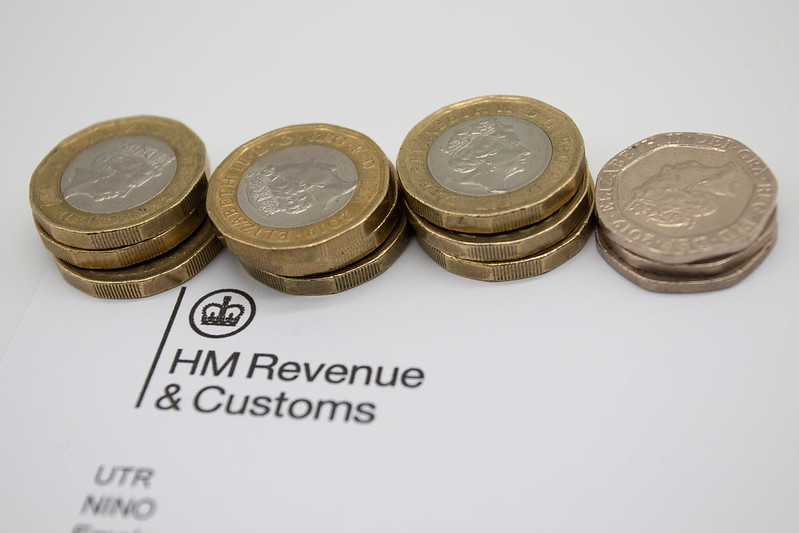
By Professor Sarah Montano, Deputy Head of Marketing and Dr Inci Toral Manson, Senior Lecturer
HMRC have announced a “side hustle tax” for online sellers. This will predominately affect retail outlets such as Vinted, Depop and Ebay, sparking a significant conversation within the online selling community. Amidst a thriving second-hand market, this move raises pivotal questions: What will be the ramifications for the burgeoning thrifting industry, and is the £1000 revenue threshold before taxation strikes the right balance? What about the concepts of recycling-upcycling and eco-consciousness?
In recent years second hand shopping has become a major trend with its economic impact scaling up significantly. This trend has been driven by environmental concerns and the worries about fast fashion; the cost of living and the thrill of a bargain that is now contributing a substantial figure to the economy—a sharp increase over the past few years: According to Statista.com in the UK there are about 3800 second hand shops and the second hand resale market is expected to rise by 67.5% from 2022 to 2026. Gen Z and young consumers, in particular, have been at the forefront of this shift, seeking sustainable alternatives to fast fashion and enjoying the thrill of the hunt for pre-loved treasures. Depop state that 90% of their users are under 26. The ease of platforms such as Vinted and Depop make it easy for customers buy and sell from each other. These platforms have critically changed the way in which the retail sector operates. The retail landscape, traditionally dominated by business-to-consumer (B2C) transactions, has been reshaped into a thriving consumer-to-consumer (C2C) ecosystem, where consumers are able to make money for themselves. This reflects a broader movement towards a circular economy, where goods are kept in use for as long as possible, extracting the maximum value before recovery and regeneration.
So what is the tax and how might this affect consumers?
From 1st January HMRC announced that platforms such as Vinted and Depop will have to share details of transactions with HMRC. Whilst this has been introduced predominately to catch large scale tax evaders, anyone making over £1000 by trading will need to complete a self-assessment for HMRC.
The Uncertain Future of Thrifting
Expert analysis suggests that the tax will predominantly impact those with substantial online sales. However, the wider implications for market dynamics and consumer behaviour remain to be seen. Will the tax incentivise people to sell less, or will it encourage them to operate more strategically under the threshold? And crucially, will this tax inadvertently stifle the growth of a sector that champions sustainability and affordability? But what if you are clearing out the children’s wardrobe?
The introduction of the “side hustle tax” by HMRC is a significant development that could reshape the landscape of online selling, thrifting and recycling/upcycling. Whether the £1000 threshold is set at the right level to prevent a downturn in casual selling remains a point of debate. Yet, it is clear that there is a delicate balance to strike—ensuring tax compliance without diminishing the appeal of thrifting platforms for those seeking to make modest gains from clearing out their wardrobes, specifically in times of cost-of-living crisis, as well as while we are facing an environmental catastrophe. Generally, the advice is that those clearing out their wardrobes are unlikely to be affected, it is those that are actually trading using these platforms that will be more impacted. With the circular economy being good for the environment and those looking for a bargain we can be hopeful that this new HMRC strategy won’t deter the average customer, so keep swopping!
In navigating these changes, it is crucial that the thrifting community, platform providers, and tax authorities engage in open dialogue to ensure the sustainability of this vibrant and environmentally critical industry. The hope is that with the right guidance and support, the thrifting movement will not only endure but continue to flourish when we need it the most.
Read more:
Channel 4 have produced a FactCheck article asking “Do you have to pay tax for selling secondhand on Vinted or eBay?“.
- More about Sarah Montano at the University of Birmingham
- More about Inci Toral at the University of Birmingham
- Back to Business School Blog
The views and opinions expressed in this article are those of the author and do not necessarily reflect the official policy or position of the University of Birmingham.
